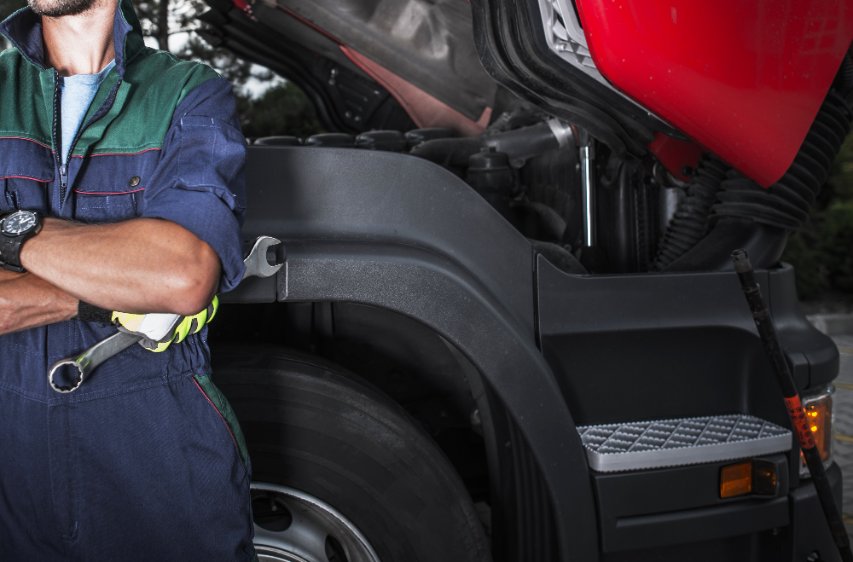Aftertreatment systems are a crucial part of diesel emission control and play an important role in meeting upcoming regulatory requirements. They not only remove harmful pollutants from exhaust fumes but also prevent them from being released back into the environment. However, aftertreatment systems are complex and can experience a range of issues that could impact their performance and uptime. These include issues with sensors, software, wiring, or mechanical parts. In this blog post, we look at some of the most common truck repair and maintenance issues in aftertreatment systems and how you can proactively manage them to keep your aftertreatment system running smoothly.
Regeneration Stopping and Start-Up Issues
When the engine is idling or at low speeds, the aftertreatment system may be deactivated and the regeneration process stopped. When the aftertreatment system needs to be fully activated again, a regenerative process is used to clean the system. Make sure to check with a truck mechanic to resolve start-up issues.
Defective or Failing Electronic Parts
Electronic parts in aftertreatment systems are susceptible to wear and tear and can break down over time. Defective or failing electronic parts can disrupt the operation of the aftertreatment system. It’s important to have a fleet truck repair regularly so technicians can diagnose if all the electronic parts of your system are operating as designed.
Faulty Sensors and Software Issues
Aftertreatment systems are highly dependent on accurate sensor readings to function properly. If a sensor gives an incorrect reading, the aftertreatment system may not be able to function as intended or may cause an error in the engine control unit. This can lead to reduced efficiency or an interruption in the operation of the system.
Bad Wiring and Loose Connections
The system may fail to operate correctly when wiring and connections are loose or missing. This may be indicated by a fault code in the ECU or reduced system performance. If the fault is intermittent, it can be difficult to troubleshoot and resolve. An intermittent fault can be caused by loose connections or faulty wiring between components. Make sure to have it checked before it gets worse.
Software Issues
Aftertreatment systems use several software systems to operate correctly, including the engine control unit (ECU), diagnostic software, and calibration software. Software issues can result in the system not operating as intended or incorrect readings. In some cases, software issues may be caused by incorrect calibration or faulty sensors.
Excessive Fuel Consumption
Aftertreatment systems consume fuel to perform the regeneration process. However, regeneration events that occur at a higher frequency than normal can lead to excessive fuel consumption. The problem becomes more acute as the fuel consumption increases. If you think your truck may be having this problem, it’s a good idea to have it checked out by a mechanic.
Conclusion
Aftertreatment systems are complex diesel emission control systems that are subjected to a wide range of factors that can cause faults or affect performance. Keep your aftertreatment system running smoothly by trusting a certified truck mechanic for your fleet truck repair.




